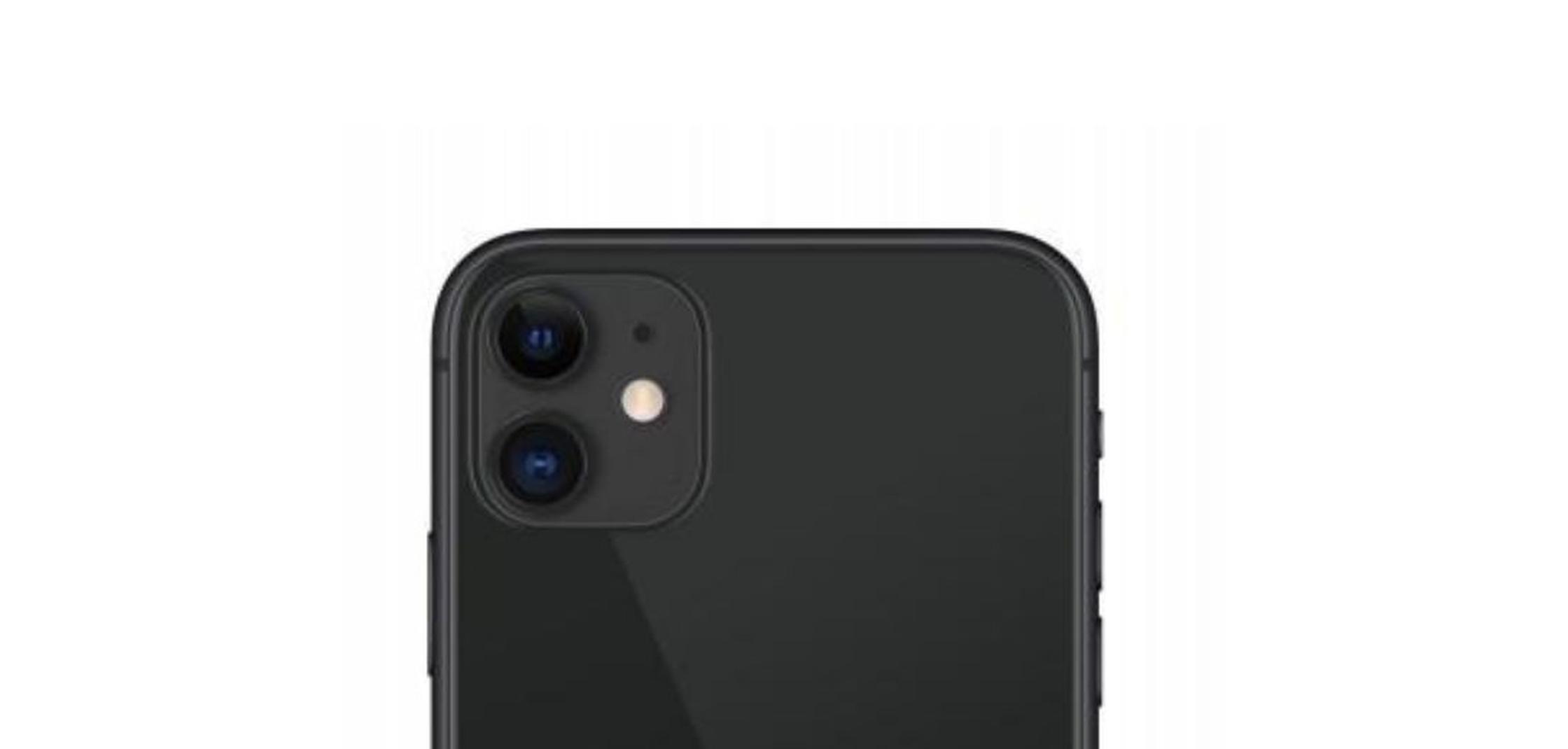
iPhone 11 or iPhone X? Which should you choose?
So you've decided to treat yourself to a refurbished iPhone, and have zeroed in on the iPhone X and the iPhone 11. Stellar choices both, but what you eventually decide to buy depends on what you're looking for in a phone. Good looks? Power? Prestige? Okay, we're going a bit too far here ;-) On a serious note though, both phones provide serious value-for-money and won't disappoint. In fact, the latest IOS update 14.0.1 available on both devices will give you that seamless experience you've been waiting for on a mobile device. Let's get started then - hopefully by the end of this guide, you'll have made up your mind!
























